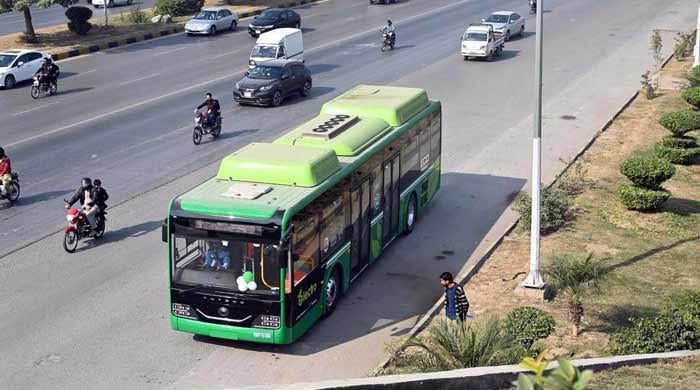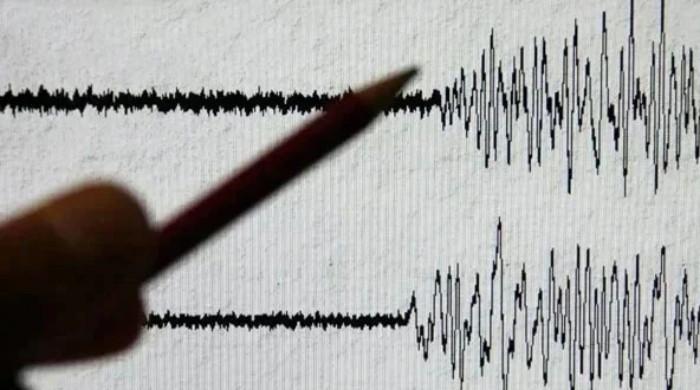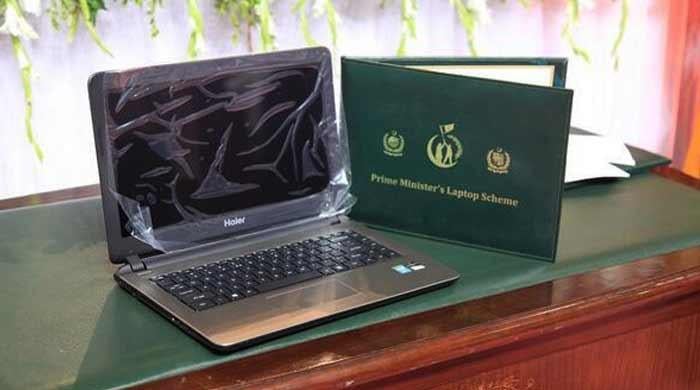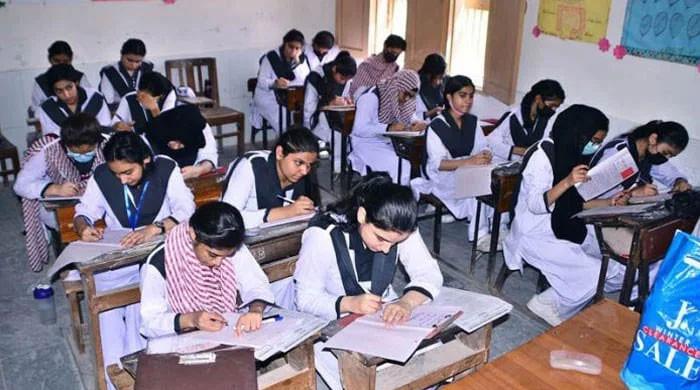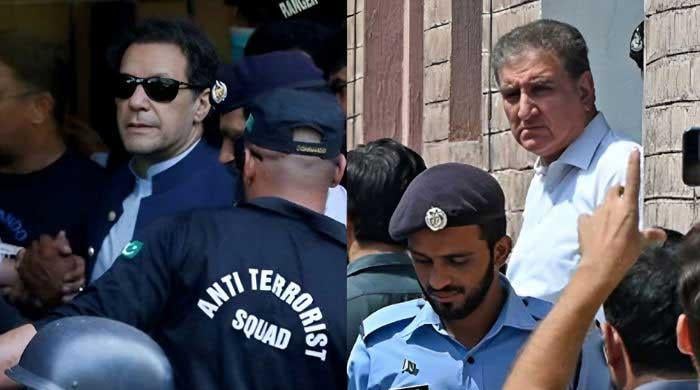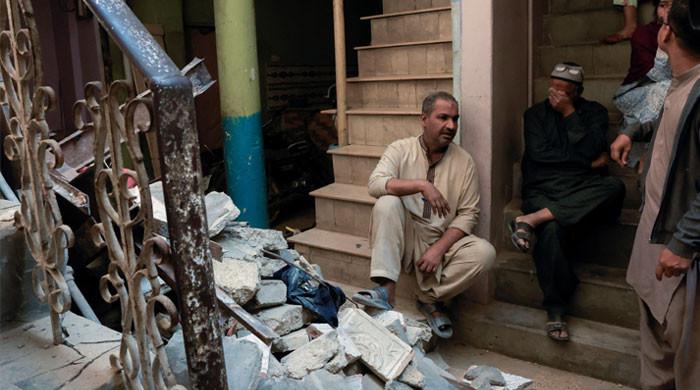World Bank lists Ehsaas Cash Programme among top global social protection measures
According to the government's data, Pakistan provided cash stipends of Rs12,000 to 15mn households last year
May 16, 2021
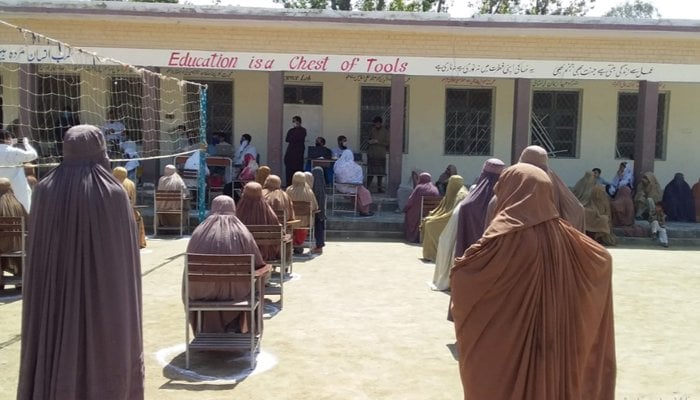
- As per World Bank data, Pakistan's Ehsaas programme ranks high in the "planned versus actual coverage rates" social programmes list as well.
- The govt had said it provided cash stipends of Rs 12,000 to 15 million households last year.
- World Bank report credits Pakistan for coming up with an innovative hybrid targeting approach to enroll new beneficiaries.
In a recent report on social protection measures taken by several countries during the pandemic, the World Bank has recognised the efforts of the Pakistan government in uplifting the poor by featuring the Ehsaas Emergency Cash Programme in its list of top four global social protection interventions.
The World Bank released a report on “global social protection responses to COVID-19”. This report is called the “living paper” and it presents a 650-page volume and accompanying database documenting how countries and territories are planning, implementing or completing social protection measures in the context of the pandemic.
The report states that there has been “an exponential growth in social protection measures between March 20, 2020 and May 14, 2021 and that a total of 3,333 social protection measures have been planned or implemented in 222 countries or territories”.
As far as the number of people and the percentage of population covered among countries where more than 100 million people benefited from the social programmes, the World Bank stated that "select countries have attained impressive six-digit levels".
It said Pakistan's Ehsaas Emergency Cash Programme ranks fourth globally in terms of the number of people covered and 3rd globally in terms of percentage of population covered amongst those that covered over 100 million people.
The paper has been authored by Ugo Gentilini, who is appointed as the lead of Social Protection at the World Bank. The report is accompanied by an excel sheet as well to make available the larger volume of data.
According to the report, Pakistan’s Ehsaas programme also ranked high amongst programmes around the world that did well in terms of planned versus actual coverage rates.
According to the report, most of social protection measures are provided as social assistance. These represent 55% of global programs and are the predominant form of support in most regions.
Among social assistance measures, cash transfers remain the premier instrument. A total of 734 cash-based measures have been planned or implemented in 186 countries. Highest level of spending in lower middle-income countries category is observed in Mongolia Zimbabwe, Bolivia, and Pakistan.
One of the special features of the report is on delivery matters. According to the report, globally, there were essentially four ways to find and enroll new beneficiaries, the first of which was to simply add households to the list from an existing social registry.
The report said credited Pakistan with adopting an innovative hybrid targeting approach to enroll new beneficiaries combining emergency assistance for the known vulnerable with demand-based support for the “new poor”.
Requests were sought through an 8171 SMS short code service and web-portal. Data analytics enabled eligibility ascertainment, using unique national identification numbers, and drawing on the National Socio-economic Registry and wealth proxies (travel, taxes, billing, assets ownership data and government employment status). The system was end-to-end data-driven, fully automated, rule-based, transparent, and politically neutral. Payments were biometrically verified.
As per data from the government, the Ehsaas Emergency Cash delivered cash stipends of Rs. 12,000 to 15 million households last year, which meant helping over 100 million people or half the country’s population.
Digital capabilities established over the past year as part of Ehsaas, Pakistan’s new poverty alleviation framework, were adapted to deliver Ehsaas Emergency Cash, in particular, a new biometric payment system, a demand side SMS based request seeking platform and a new wealth-profiling big data analytics mechanism.
PM Imran Khan's Special Assistant on Poverty Alleviation Dr Sania Nishtar took to social media to share the acknowledgment from the World Bank as well.
Bakhtawar Bhutto-Zardari, on the other hand, credited the PPP for launching the Benazir Income Support Programme, adding that the World Bank had been recognising efforts by the PPP over the past few years.
"The World Bank has been acknowledging the brilliance that is the Benazir Income Support Programme for years now thank you. Pakistan first welfare initiative using cash to empower women," she tweeted.




